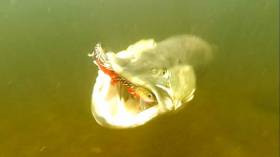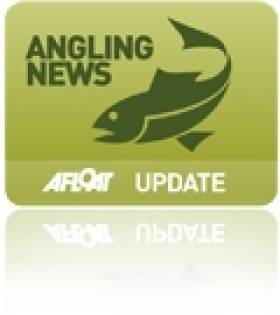Displaying items by tag: Wild Brown Trout
Public Consultation On Pike Management In Wild Brown Trout Fisheries
#Angling - Inland Fisheries Ireland has launched a public consultation on the management of pike in designated wild brown trout fisheries.
It follows the IFI board’s decision to commence a review period of its policies on the management of wild brown trout, pike and bass that were initially developed in 2014.
IFI says it welcomes the opportunity to engage with stakeholders and their “diverse opinions” on the issue via their submissions, which will be reviewed and considered by the newly appointed Pike and Wild Brown Trout Policy Review Group that comprises a range of representatives from all disciplines within the fisheries agency.
“Over two years ago, we developed policies which have an impact on how we manage the pike species in fisheries which are predominately home to wild brown trout,” said IFI chief executive Dr Ciaran Byrne. “This review and public consultation period allows us to reflect on those policies and to hear from our stakeholders on their views on this issue.
“We know there are varied opinions out there and this is the chance for the public to have their say. This public consultation will help inform our future policies and work in this area.”
Information on the consultation is available from the IFI website or from any IFI office. The public consultation period will run for four weeks until 5pm on Thursday 1 December.
All submissions must be made in writing and will be published on the website. Submissions should be marked ‘Public Consultation – Pike Management in Brown Trout Fisheries’ and can be submitted by email to [email protected] or by post to:
Policy Review
Inland Fisheries Ireland
Sunnyside House
Macroom, Co Cork
IFI Reviews Pike Management In Wild Trout Fisheries
#Angling - Inland Fisheries Ireland (IFI) says it has "temporarily suspended" pike management operations in designated wild brown trout fisheries.
The agency added that it is "currently undertaking a review of the necessary standard operating procedures for these operations and will resume stock management as these are completed."
This review, according to IFI, will focus first on boat electrofishing (using electricity to stun fish in the water before catching) before other stock management methods.

























































